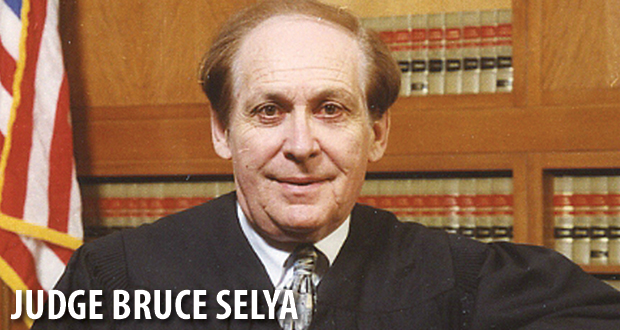 A plaintiff limited liability company that engaged in litigation over an asset purchase agreement waived its right to demand arbitration under that agreement, the 1st U.S. Circuit Court of Appeals has ruled.
A plaintiff limited liability company that engaged in litigation over an asset purchase agreement waived its right to demand arbitration under that agreement, the 1st U.S. Circuit Court of Appeals has ruled.
“[T]he plaintiff’s belated resort to arbitration was anything but timely,” Judge Bruce M. Selya wrote for the unanimous 1st Circuit panel. “[T]he plaintiff’s conduct evinced a clear intent to forgo arbitration and resolve the disputed matter through litigation.”
The 12-page decision is Joca-Roca Real Estate, LLC v. Brennan.
Maine attorney Jeffrey T. Piampiano argued the appeal on behalf of the plaintiff. He was opposed by Matthew J. Williams, also of Maine.
Change in strategy
The plaintiff, Joca-Roca Real Estate, LLC, and defendant Robert T. Brennan Jr. entered into an asset purchase agreement for the transfer of title to real property that served as the site of a vehicle dealership.
The agreement contained a broad provision requiring submission of all disputes “concerning the validity, interpretation and enforcement” of the agreement to an arbitrator for final and binding resolution.
The plaintiff came to believe that the defendant had misled it concerning certain attributes of the purchased property. Acting on that belief, the plaintiff sued the defendant in federal court, asserting claims for fraud and breach of contract arising out of the agreement.
“Notably, the plaintiff commenced this civil action without making the slightest effort to pursue arbitration,” Selya said.
The defendant answered the complaint, raising as an affirmative defense the plaintiff’s “fail[ure] to seek relief in the manner required under” the agreement. The defendant subsequently never pressed that defense, however.
During the course of pre-trial proceedings, the parties conducted 16 depositions, propounded and answered interrogatories, and produced and exchanged thousands of pages of documents.
On Dec. 6, 2013, the plaintiff moved to stay proceedings pending arbitration.
“The motion offered no explanation for the plaintiff’s cunctation in invoking the Agreement’s arbitration provision,” Selya said.
A U.S. magistrate judge denied the motion to stay on the ground that the plaintiff had waived its arbitral rights.
Implied waiver
The court noted that, because of the strong federal policy favoring arbitration agreements, a mere delay in seeking arbitration without some resultant prejudice is insufficient to ground a finding of waiver. It also noted that the party advocating waiver has the burden of demonstrating prejudice.
“Here, the plaintiff commenced a civil action, vigorously prosecuted it, and then — after many months of active litigation — tried to switch horses midstream to pursue an arbitral remedy,” Selya wrote. “To make matters worse, it made this abrupt about-face in the absence of any material change in circumstances.”
Selya said the plaintiff “chose to eschew an available arbitral forum” and, instead, brought suit in U.S. District Court. The defendant then reminded the plaintiff of the availability of arbitration through an affirmative defense.
“The plaintiff turned a blind eye to this reminder and waited more than eight months before seeking a stay in order to pursue arbitration,” Selya said. “By that time, the close of discovery was hard at hand, a summary judgment motion was in the offing, and trial was less than two months away. Undue delay is manifest.”
The court found the delay to be more troubling because the plaintiff never offered any explanation for it.
“We are left to infer that the change in direction may well reflect the plaintiff’s dissatisfaction with the way the court case was proceeding — and we do not condone the use of an arbitration clause as a parachute when judicial winds blow unfavorably,” Selya stated.
The court found that the defendant established prejudice based on the discovery he was required to undertake in order to mount a defense.
“With trial looming, an eleventh-hour stay in favor of arbitration would have forced the defendant into a new forum and, in the bargain, postponed resolution of the underlying controversy,” Selya said. “That would cause the defendant further prejudice and nullify one of the primary benefits of arbitration: its use as a cost-effective and expedient alternative to litigation.”
The plaintiff argued that delay, by itself, could not constitute the requisite prejudice. But Selya said the delay was “protracted” and the litigation-related activities “copious.”
“Given the streamlined nature of arbitration and the limited type, kind, and quantum of discovery generally available in that forum, we think it highly improbable that the discovery undertaken here would have occurred in arbitration,” he said. “And at any rate, the plaintiff’s belated about-face deprived the defendant of any opportunity to tailor his discovery strategy to the much different demands of arbitral proceedings.”
 New England Biz Law Update
New England Biz Law Update
